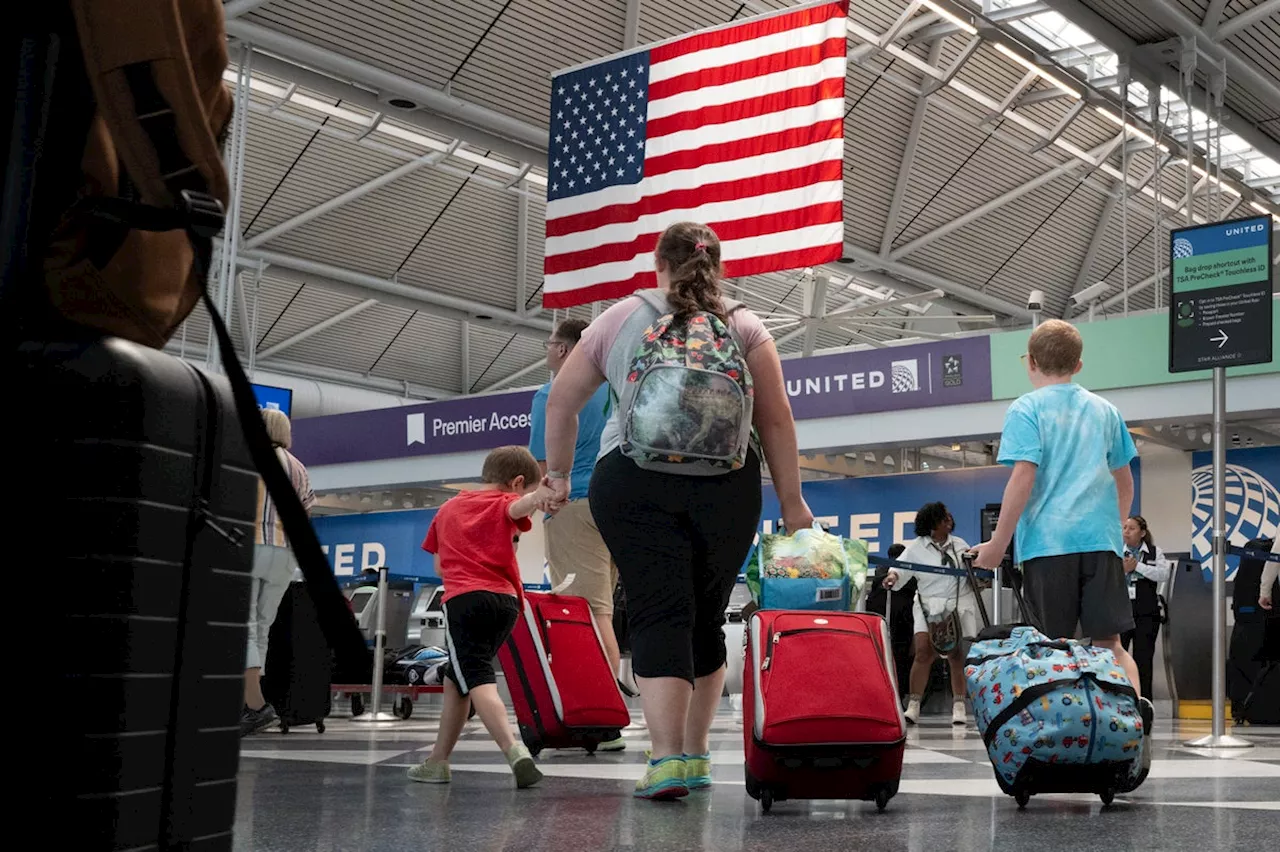A combination of human behavior and immunity, the environment, and SARS-CoV-2 itself explains why the virus surges during both hotter and colder months
It’s that time of year: a thick, oppressive heat blankets everything, people huddle inside air-conditioned homes, offices, shops and cafes for respite—and COVID is surging again.—though not a perfect metric because people aren't testing as much—has also increased, but hospitalizations have remained relatively low. Most viral respiratory infections, such as influenza, peak in the winter.
SARS-CoV-2 continues to evolve new variants. One rises to the fore every six months or so, according to Peter Chin-Hong, a professor of medicine at the University of California, San Francisco, who specializes in infectious diseases. In recent weeks several new, as well as a newer variant called LB.1. These variants may be slightly more transmissible or better at evading the immune system than previous ones, Chin-Hong says.
It’s a persistent mystery why COVID spreads so efficiently in the summer as well as winter, whereas flu tends to be mostly a winter disease, says Linsey Marr, a professor of civil and environmental engineering at Virginia Tech, who specializes in aerosol transmission of pathogens. “I’ve studied the seasonality of the flu for many years, and we have some hypotheses about why it peaks in the wintertime,” Marr says. One is that the flu virus survives better in dry conditions.
And then there’s the human immune system. People’s immunity to COVID may have waned since the last time they were vaccinated or infected in the fall or winter, making them more susceptible to getting sick. Fortunately, immunity from past exposure, in the form of memory T cells, keeps most people from getting severely ill. But waning antibodies mean people can still get infected.
Nigeria Latest News, Nigeria Headlines
Similar News:You can also read news stories similar to this one that we have collected from other news sources.
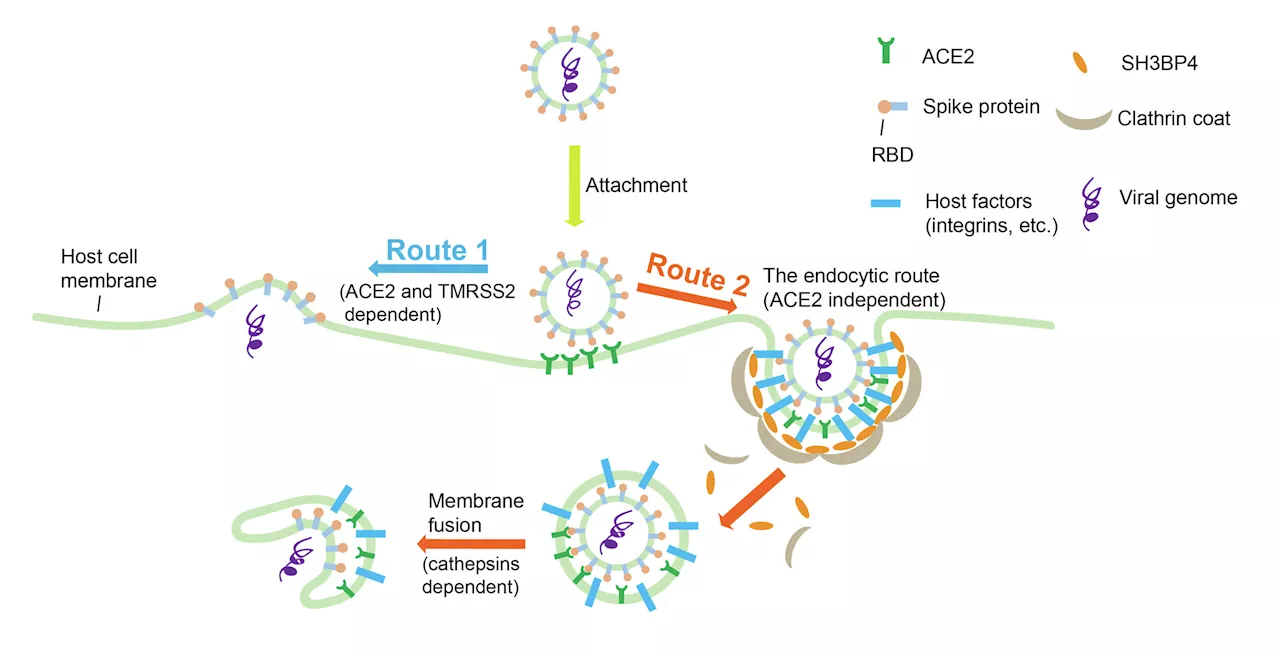 Study identifies novel host factors that facilitates SARS-CoV-2 entryA research team led by Prof. Guo Yusong, Associate Professor of the Division of Life Science at the Hong Kong University of Science and Technology (HKUST), recently made a novel discovery related to the coronavirus (SARS-CoV-2) that causes COVID-19.
Study identifies novel host factors that facilitates SARS-CoV-2 entryA research team led by Prof. Guo Yusong, Associate Professor of the Division of Life Science at the Hong Kong University of Science and Technology (HKUST), recently made a novel discovery related to the coronavirus (SARS-CoV-2) that causes COVID-19.
Read more »
 This week's personal loan rates rise for 3-year loans, while 5-year rates fallThe latest trends in interest rates for personal loans from the Credible marketplace, updated weekly.
This week's personal loan rates rise for 3-year loans, while 5-year rates fallThe latest trends in interest rates for personal loans from the Credible marketplace, updated weekly.
Read more »
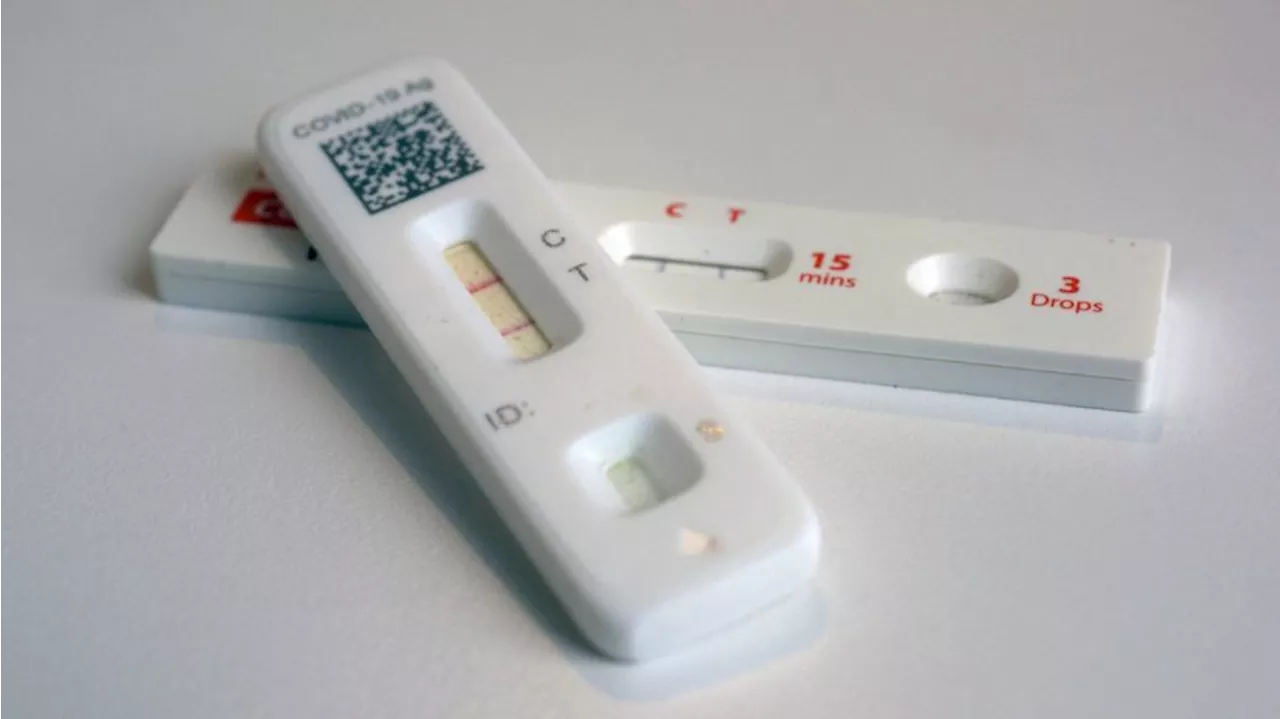 COVID-19 making comeback amid low Washington booster ratesWhile DOH data shows COVID-19 hospitalizations are significantly less than in previous years, cases have steadily increased since May.
COVID-19 making comeback amid low Washington booster ratesWhile DOH data shows COVID-19 hospitalizations are significantly less than in previous years, cases have steadily increased since May.
Read more »
 Higher Covid-19 Vaccination Rates Linked To Lower Prevalence Of Pediatric AsthmaAnuradha Varanasi is a freelance science writer. She writes on the intersection of health/medicine, racial disparities, and climate change. She earned an MA in Science Journalism from Columbia University in New York City.
Higher Covid-19 Vaccination Rates Linked To Lower Prevalence Of Pediatric AsthmaAnuradha Varanasi is a freelance science writer. She writes on the intersection of health/medicine, racial disparities, and climate change. She earned an MA in Science Journalism from Columbia University in New York City.
Read more »
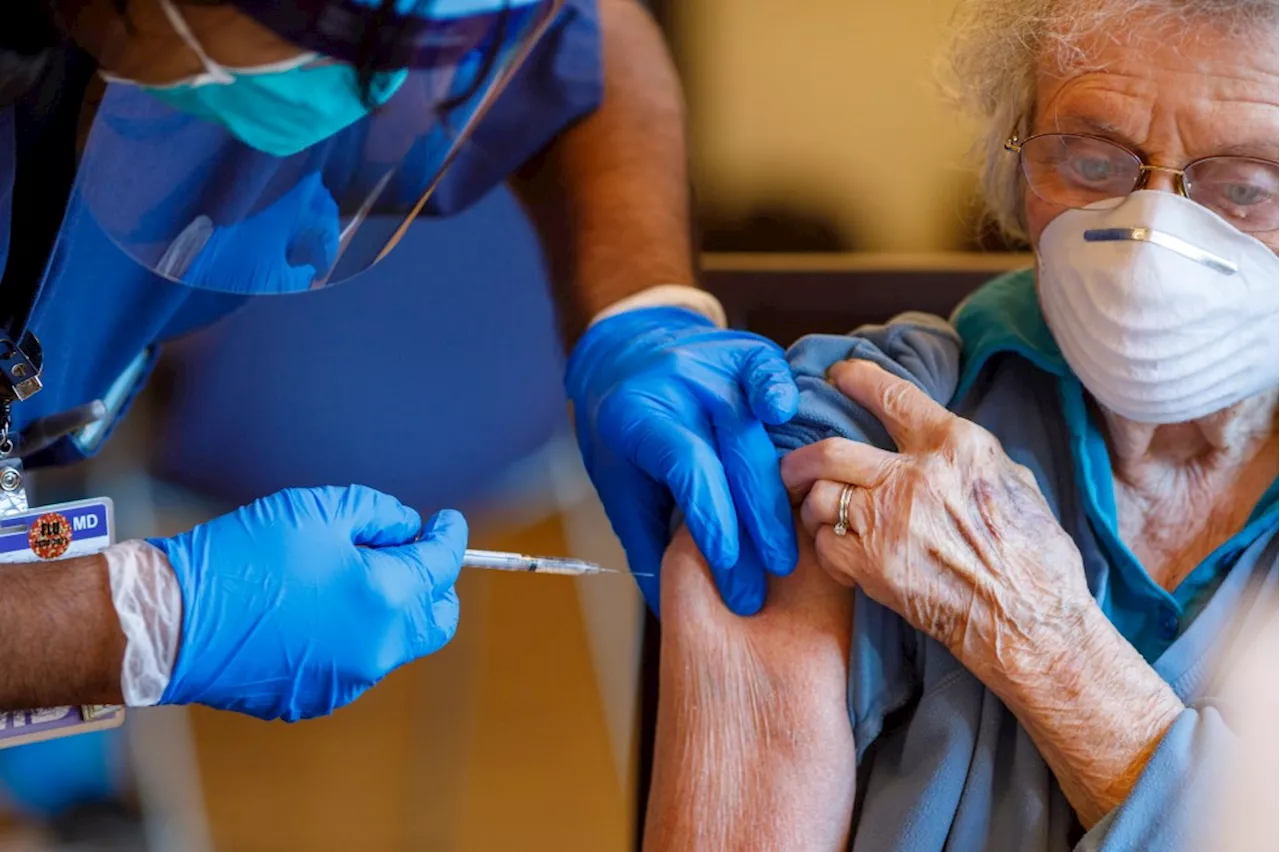 San Jose just recorded COVID in the wastewater at 99.99% of its peakStatewide, COVID test positivity rates are rising quickly.
San Jose just recorded COVID in the wastewater at 99.99% of its peakStatewide, COVID test positivity rates are rising quickly.
Read more »
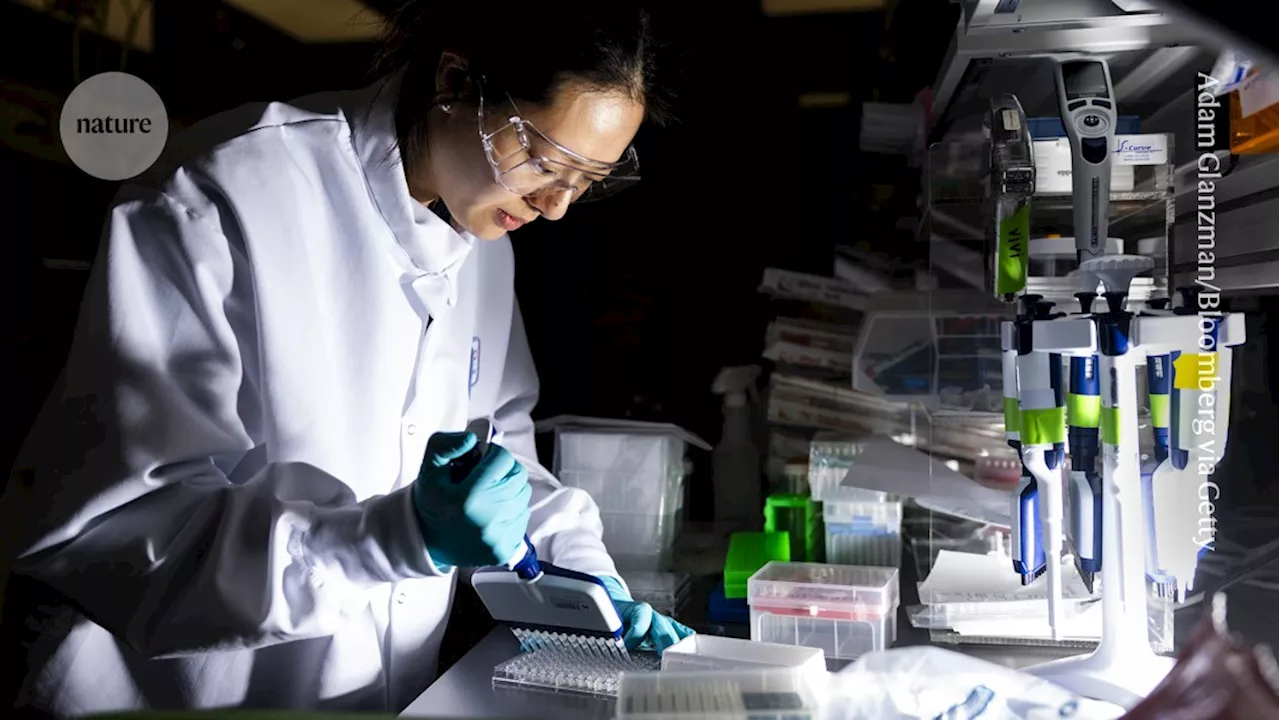 Combined COVID-flu vaccines are coming: Moderna jab clears major testFirst large trial suggests mRNA drug gives better protection from SARS-CoV-2 and influenza viruses than single-target shots. First large trial suggests mRNA drug gives better protection from SARS-CoV-2 and influenza viruses than single-target shots.
Combined COVID-flu vaccines are coming: Moderna jab clears major testFirst large trial suggests mRNA drug gives better protection from SARS-CoV-2 and influenza viruses than single-target shots. First large trial suggests mRNA drug gives better protection from SARS-CoV-2 and influenza viruses than single-target shots.
Read more »
